Optimal Timing for Roofing Services
Understanding the optimal timing for roofing services is essential for ensuring quality work and durability. Weather conditions, temperature, and seasonal factors influence the effectiveness and longevity of roofing repairs or installations.
Spring offers moderate temperatures and longer daylight hours, making it suitable for roofing projects. Avoiding late spring rain can help maintain project schedules.
Summer provides warm weather ideal for roofing work. However, high temperatures can affect materials, so early morning or late afternoon scheduling is recommended.
Fall is often considered the best season for roofing due to mild weather and lower humidity, which helps ensure proper installation and curing.
Winter poses challenges like cold temperatures and potential snow or ice. Roofing during this season requires specialized techniques and is generally less preferred.
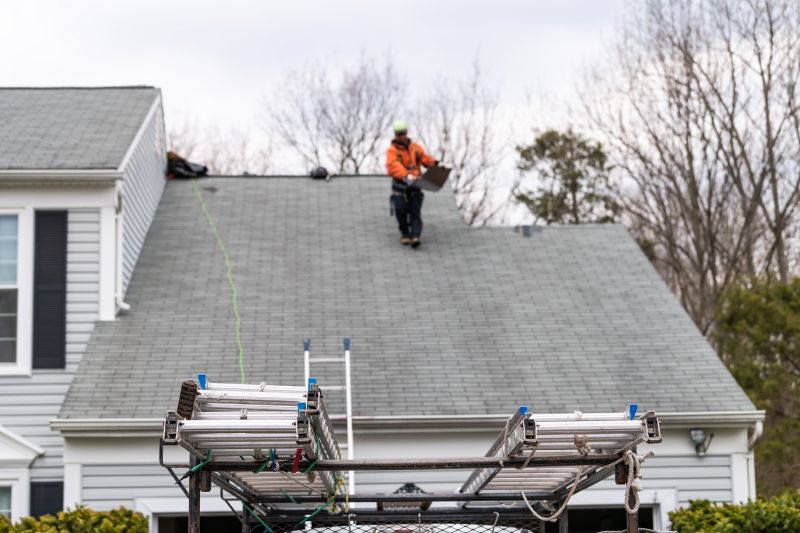
Spring roofing projects benefit from moderate weather conditions.
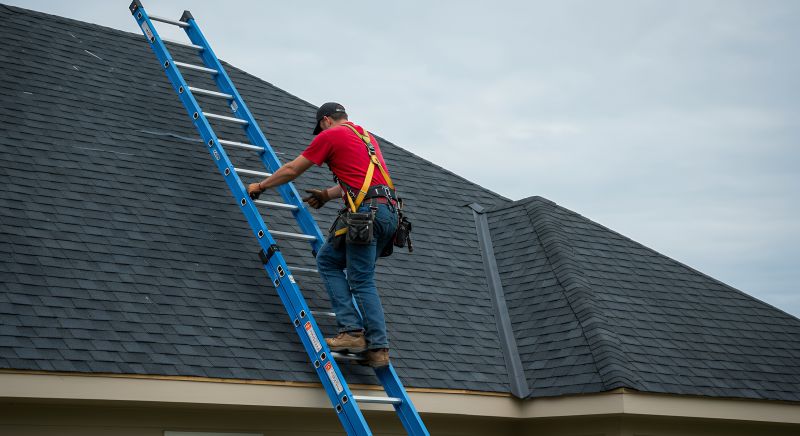
Summer allows for flexible scheduling despite high temperatures.

Fall provides optimal conditions for roofing durability.

Winter requires specialized techniques due to cold weather.

Different seasons may require specific roofing materials for best results.

Regular inspections are recommended in all seasons to maintain roof integrity.

Timely repairs can prevent more extensive damage, especially after storms.

Complete roof replacements are best scheduled during mild weather conditions.

Weather conditions significantly impact roofing work and material performance.
| Season | Ideal Conditions |
|---|---|
| Spring | Moderate temperatures, longer daylight, less rain |
| Summer | Warm weather, early mornings preferred |
| Fall | Mild weather, lower humidity, optimal for durability |
| Winter | Cold temperatures, snow or ice presence, less ideal |
Roofing services encompass a range of activities including inspections, repairs, replacements, and maintenance. Proper timing based on seasonal conditions can enhance the quality and lifespan of roofing projects. For example, scheduling a roof replacement during fall can lead to better adhesion of materials and longer-lasting results. Conversely, winter roofing should be approached with caution due to potential weather-related complications.
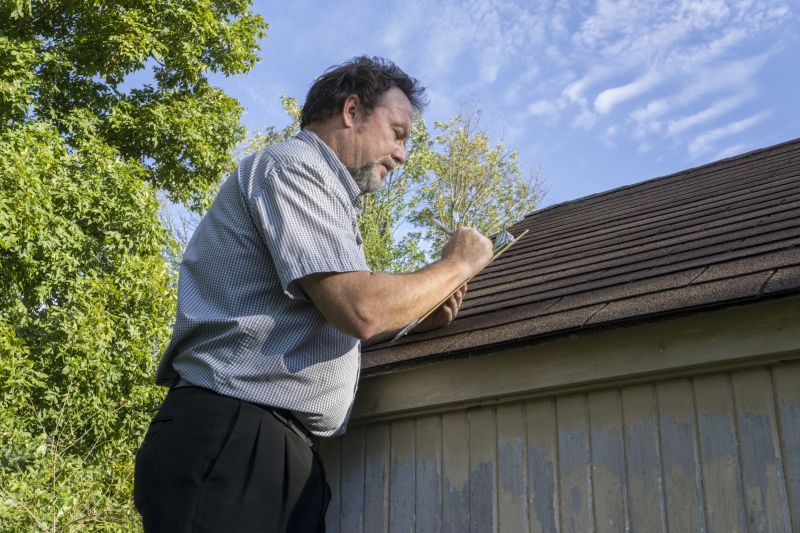
Regular inspections help identify issues early.
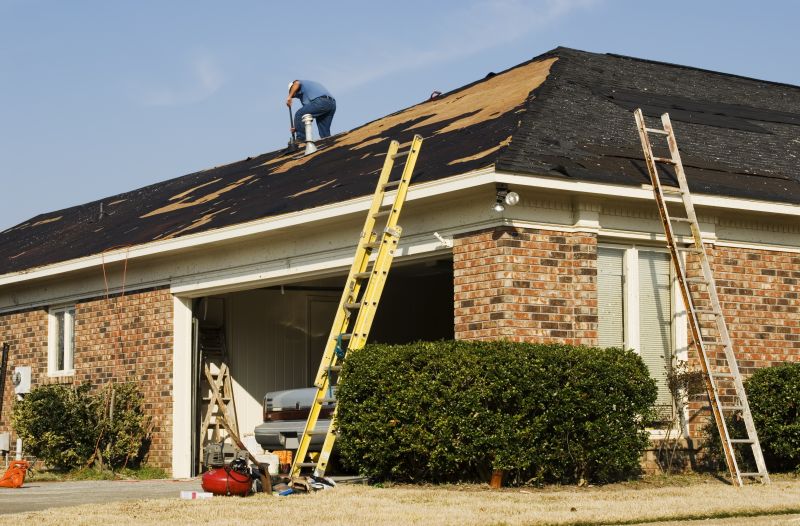
Timely repairs prevent further damage.

Best scheduled during mild weather.
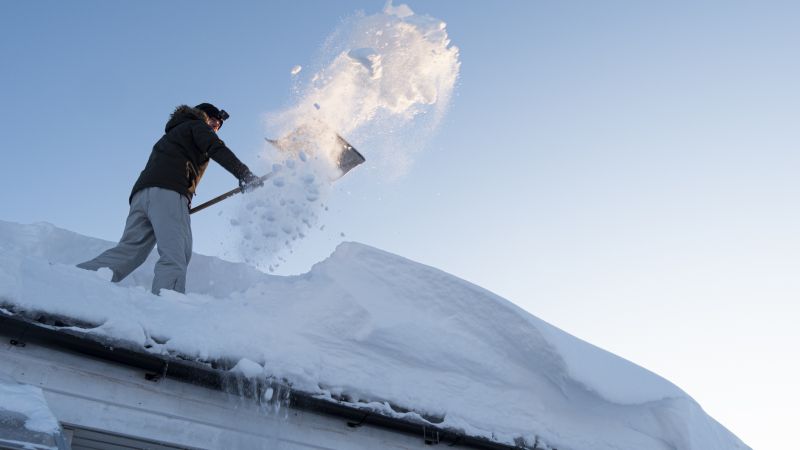
Weather impacts all roofing activities.
Interested in scheduling roofing services? Filling out the contact form can provide additional information and help determine the best timing for specific needs. Proper planning and seasonal awareness can ensure durable, high-quality roofing results.


